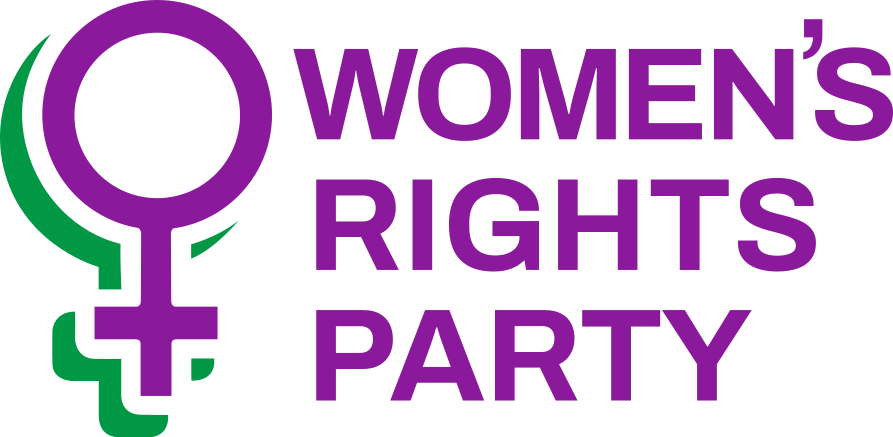Prostitution Reform
Proposal
The Women’s Rights Party calls for the Prostitution Reform Act 2003 to be replaced by legislation which supports the Equality Model, also known as the Nordic Model, Abolition Model and Sex Buyer Law.
The Equality Model decriminalises prostitution for the prostituted person and criminalises those who exploit prostitutes, such as the buyer and brothel owner. The model provides exit services for women wishing to leave prostitution, including financial and structural support to help them build new lives and find alternative employment. This may include housing, education, training, legal and welfare services, childcare, and emotional and psychological support.
Whilst the Prostitution Reform Act 2003 still exists, we strongly oppose any proposals to remove Section 19. Section 19 forbids those on temporary visas (such as student visas) from engaging in prostitution in New Zealand. We support Section 19, which helps to prevent international trafficking.
Rationale
The Equality model promotes the dignity and equality of women in society and views women as full human beings, not objects to be used sexually by men. This model views prostitution as inherently harmful towards women.
The Prostitution Reform Act 2003 (which is sometimes known as the New Zealand Model) stopped the prosecution of women in prostitution, which may be why it was seen as progressive at the time, and was passed by an extremely slim majority. However, by decriminalising the buyers, pimps and brothel owners as well, it has created an environment where prostitution is being normalised, and has increased. This is reinforced by the widespread use of pornography.
The Equality Model fully decriminalises women in prostitution, so there is no need to keep the current legislation in order to protect women from prosecution. Instead, the Equality Model prosecutes the buyers, pimps and brothel owners who exploit women in prostitution.
Surveys have shown that the majority of women in prostitution want to leave 4 . This model supports women to leave, with financial and structural support.
The model aims to reduce demand, in order to reduce or abolish prostitution; and to support women’s equality in society. If women want to stay in prostitution, they can do that under this model, without fear of prosecution.
The 2003 legislation has not reduced violence towards women in prostitution, nor stopped brutal murders of women in prostitution. Brothel inspections to detect instances of violence, trafficking, rape of those under 18, or other illegal activities, are hard to implement; and regular inspections are not happening.
Women prostitution survivors have testified that decriminalisation has increased the buyers’ sense of entitlement, and has reduced women’s ability to refuse a buyer’s demands . Whilst the Prostitution Reform Act 2003 only permits prostitution of those over 18; prostitution survivors give accounts of being raped and exploited in prostitution from around age 13- 14 onwards.
It is better to support women’s equality with good wages, living benefits, and effective exit services than to support a situation where women are forced to enter prostitution in order to survive economically.
The Equality, Nordic, or Abolitionist model, or Buyer Law, has been adopted in Sweden, Norway, France, Ireland, Iceland, Israel and other countries. The European Parliament has recognised prostitution as a form of violence against women.
Where it has been adopted, demand has reduced, and the amount of prostitution, trafficking and serious violence against women has substantially decreased. Whilst the Equality model is not perfect, it is the best model to promote women’s rights.
We support Section 19 of the Prostitution Reform Act (whilst this Act exists) because it helps to reduce and prevent international trafficking. We do not agree with the argument that decriminalising the prostitution of those on temporary visas would reduce exploitation. We think it would increase exploitation, because increased numbers of visitors on temporary visas would be engaged in prostitution, which is inherently exploitative.
Furthermore, as with prostitution in New Zealand now, it would be harder to investigate and prosecute illegal exploitation or violence, when the sexual exploitation itself was legal. In a country with a very high rate of violence towards women, criminalising the exploitation of women and girls in prostitution would be a good step towards raising women’s status and reducing this violence.

